In psychodynamic therapy we look for unconscious factors that are causing us to act in ways we would prefer not to, or to believe people are responding towards us in negative ways that they may not be. A lot of therapeutic work in this vein involves going back into our earliest experiences and finding the root cause of these less-than-accurate lenses. Once we get this insight, we then have a tangible knot to untie and unravel over time, allowing us more congruity between our desires, thoughts and actions, and thus more agency.
In Existential therapy, while not negating this more “Freudian” approach), contains a sense of, “yes, here are all the things that happened to me and all my old patterns, but I have a choice as to how I’m going to respond to them”.
The Existential approach, based on the work of the existential philosophers and the analysts inspired by them*, emphasizes Freedom of Choice. This is the liberating notion that we, in any given moment, have the choice as to how to respond to any given thought, feeling or situation. We are not talking about automatically changing our behavior or thoughts based on what we “should” or “shouldn’t” feel or act. What we are doing is acknowledging that at any time bad things can happen to anyone and that we can feel victimized by these events or by our own feelings about them, but that does not preclude our freedom to choose how to respond to these negative stimuli.
As a psychodynamic therapist, I’m not going to say that choosing your response is a cure to your psychological troubles, or to your traumatic injuries. I do think that intense unpacking and reverse-engineering is necessary to truly understand ourselves. I believe we operate largely in the context of our earliest messages and experiences. But sometimes, when we feel some of those old negative patterns emerge, imagine the freedom to say, “you know what, I choose to not react or engage in this negative emotion.” Sometimes, this is just the permission we need to elevate us towards freedom.
Choice, in the existential sense, is the hallmark of a philosophy of life. In every moment, we have a choice as to how we are going to act or react. If we have decided to aim on making the highest Quality choice as a tenet of our personal philosophy, then this ability to choose takes on a deeper meaning in the grand scheme of things. Choice, in Existential therapy, is the guide on a path of a Quality life.
So, you see, this isn’t a “pull yourself up by your bootstraps approach that poo-poos past trauma. Instead, it’s an acknowledgement of our sometimes devastating constraints as beings, but within those constraints is a soul that can see the best choice, even directed towards the highest Good, and act in accordance with that.
As Bob Pirsig stated when illustrating how his philosophy resolved the problem of free-will vs determinism:
“ To the extent that one’s behavior is controlled by static patterns of quality [that which is established in the past] it is without choice. But to the extent that one follows Dynamic Quality [the force of potential and change], which is undefinable, one’s behavior is free.”
Excerpt From: Robert M. Pirsig. “Lila: An Inquiry Into Morals.” Chapter 12
*Sartre, Kierkegaard, Nietzsche, Heidegger, Yalom, Frankl and others





Leave a comment